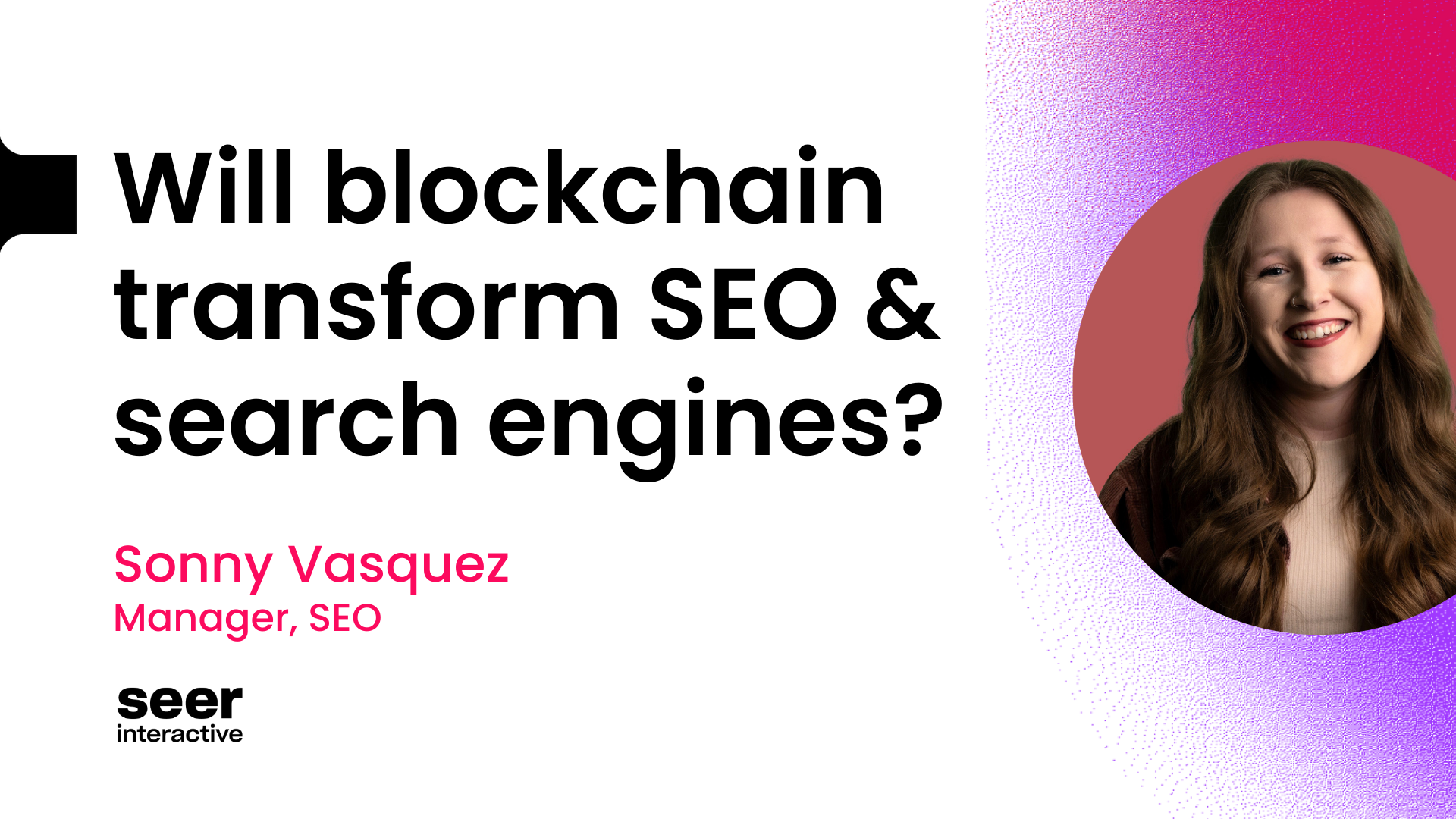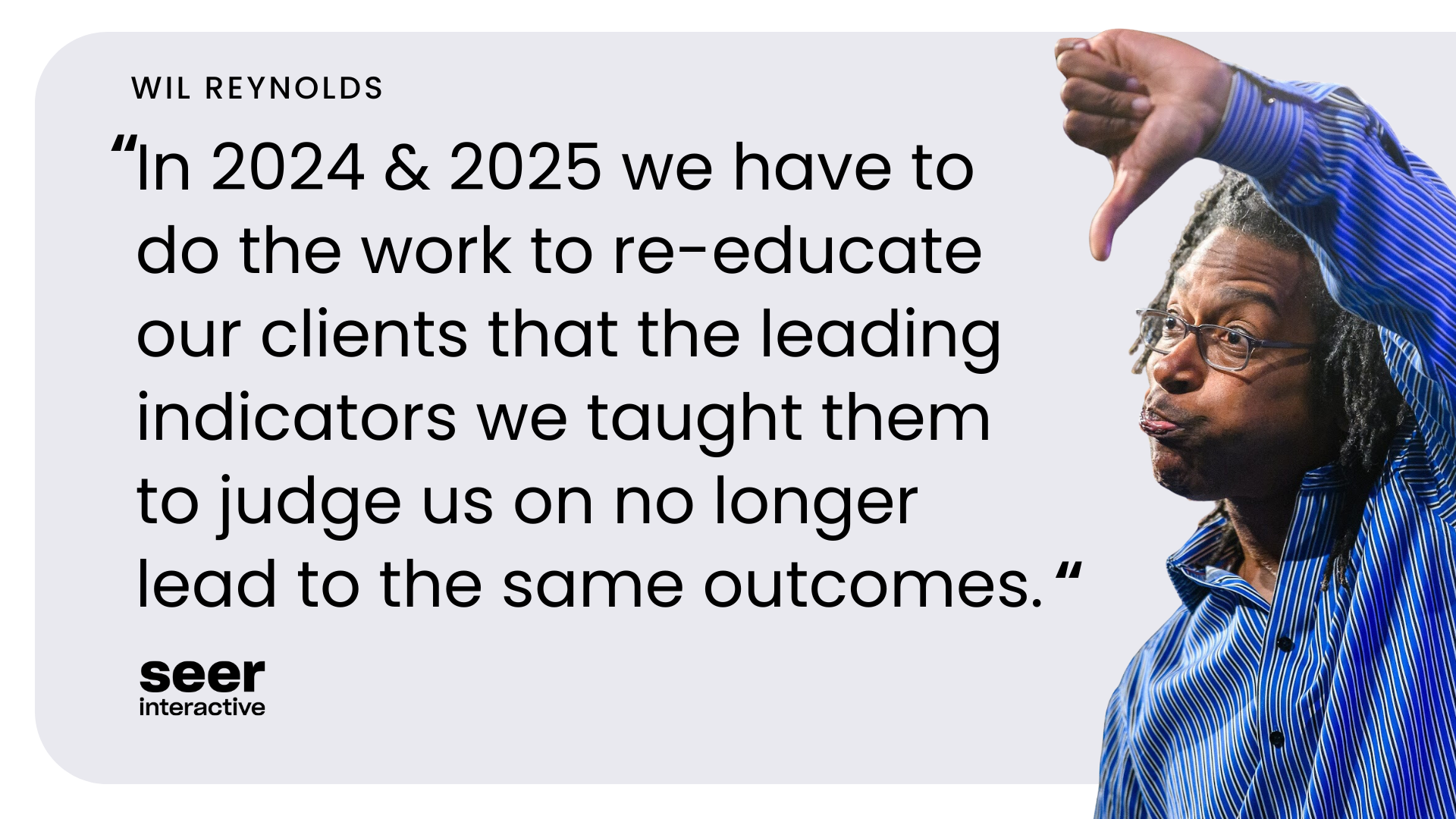It’s no surprise that seasonality and holidays have an effect on a brand’s marketing tactics. E-commerce businesses run specials online, brands create Christmas-themed campaigns for holiday lovers.
What about the holidays that are commonly recognized as “drinking holidays?” Think Superbowl Sunday, Fourth of July, Cinco de Mayo and even Halloween. Does the fact that more people around the world are drinking on that particular day have a big impact on a company’s sales? Is it possible that the higher drinking volume increases conversions? We decided to leverage a drinking holiday to test a theory we had over here at Seer. Keep reading to learn about our experiment!
The idea
This was our thinking: A client of ours sells phones. People buy new phones when their phone breaks. Why do their phones break? Well, sometimes people get drunk and do stupid shit. People get drunk and do stupid shit on St. Patrick’s Day. So we wondered… do more people break their phones on St. Patrick’s Day than any other “normal” day of the year? Does this affect our account’s conversions? And so, our test began.
The experiment
We pulled CPA and conversion rates from March 2017, comparing the month leading up to St. Patrick’s Day and the weeks following.
The results are pretty clear when we look at the younger age demographics. Keep in mind, we did not include ages over 45, as they did not show the same results. The data here shows conversion rates among the different ages.
After looking at audience demographics from the previous year, we decided to bid up on users by age. Increasing bids on people ages 18-24, 25-24, 35-44 would allow us to show up more during the period following the drunken holiday celebrations.
The results
During the period following St. Patrick’s Day we saw the following performance increases of people between the ages of 25-44:
- Conversion Rate: +67%
- Conversions: +31%.
- CPA: -15%
The results from ages 18-24 did not see an uptick in conversions like it did the previous year, though the experiment did prove effective for the two other user sets.
What did we learn?
Thinking past just audience demographics and who our audience is, we should start to focus on why our audience is who they are and how they become our target audience. When we start to think of the journey someone takes to become a customer, we can find more specific and relevant areas to focus on!
While many people who buy phones are simply looking for an upgrade, others are in need of a phone. We started to focus on users with broken phones because they’re more likely to convert, and convert sooner.
With this theory we’re looking to expand our audience focus on broken phones, and not just from drunk people! Seer’s founder, Wil Reynolds, recently tweeted about ways that people have broken their phones in the past. We saw a lot of responses around water damage and vacation. This is an opportunity to target these users.
In addition, we’d love to test targeting locations like specific universities or music festivals to find individuals who might be more inclined to rip a few shots and shatter their phone screens. Beyond St. Patrick’s Day, we’re looking into July 4th and Labor Day weekend. Stay tuned on how we can do this and what the impact looks like. Cheers to drunkies and increased conversions!
Want to run cool tests like this with us? View our open positions today! We’re hiring.


